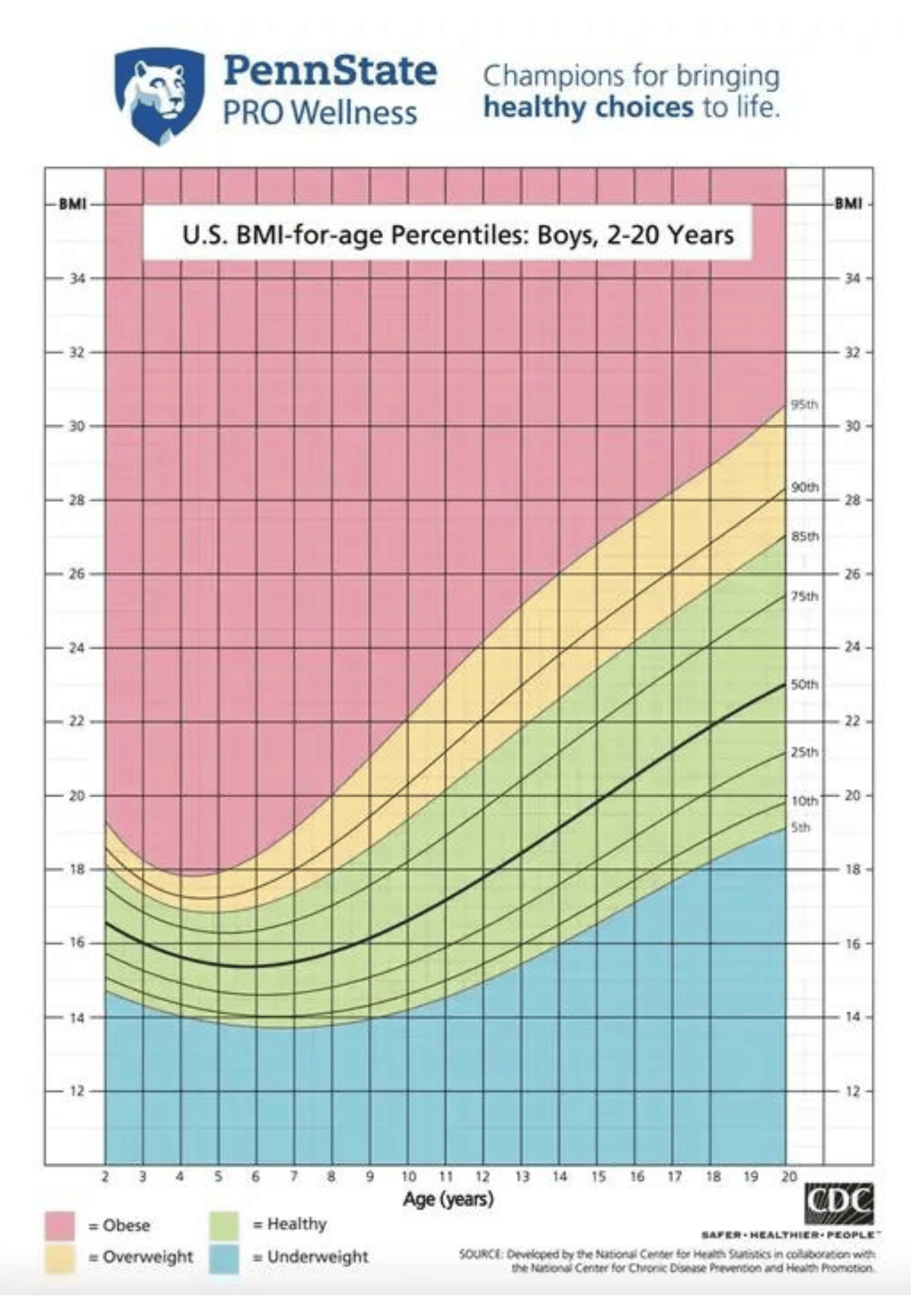
The average weight for 13-year-old teenagers can vary significantly depending on several factors, including gender, genetics, and overall health. On average, a 13-year-old boy may weigh anywhere from 80 to 135 pounds (36 to 61 kilograms), while a 13-year-old girl may weigh around 85 to 130 pounds (39 to 59 kilograms). It’s important to note that these are rough estimates, and individual growth patterns can vary. Adolescents go through growth spurts at different rates, and their weight can change as they go through puberty.
It’s essential to focus on overall health and development rather than fixating on a specific weight, as factors like muscle mass and body composition also play a significant role in a teenager’s well-being. If you have concerns about a teenager’s weight, it’s advisable to consult with a healthcare professional for a more personalized assessment.
When it comes to the health and well-being of adolescents, understanding what constitutes a healthy weight is essential. This article aims to provide a comprehensive overview of the average weight for 13-year-olds, addressing both boys and girls, discussing factors influencing weight, and offering guidance on how to maintain a healthy weight during this crucial stage of development.
Average Weight for 13-Year-Old Boys
The average weight for a 13-year-old boy can vary due to factors such as genetics, lifestyle, and overall health. On average, a 13-year-old boy weighs around 100-135 pounds. However, it’s important to remember that a healthy weight range can vary significantly from one individual to another. It is crucial not to solely focus on the numbers on the scale, but rather consider overall health and well-being.
Average Weight for 13-Year-Old Girls
Similarly, the average weight for 13-year-old girls can vary widely. On average, a 13-year-old girl might weigh between 95 and 130 pounds. Again, it is important to emphasize that these numbers are approximate, and a healthy weight range should be determined based on individual factors and overall health.
What is the Perfect Weight For a 13-Year-Old?
Determining how much a 13-year-old should weigh is not a one-size-fits-all situation. It depends on various factors, including height, bone structure, and muscle mass. To establish a healthy weight range, it is crucial to consider body mass index (BMI) as a starting point, but it should not be the sole determinant of health. Consulting with a healthcare professional is advisable for personalized guidance.
What Is Overweight for a 13-Year-Old Teen?
Overweight in adolescents is typically determined by a BMI that falls above the 85th percentile for their age and sex. However, it’s essential to remember that a single number doesn’t tell the whole story. Other factors, such as muscle mass and body composition, should be considered. If a 13-year-old is concerned about being overweight, a healthcare professional can provide guidance and recommendations.
What Is Underweight for a 13-Year-Old Teen?
Conversely, being underweight can also have negative health implications. For adolescents, being underweight may be defined as having a BMI below the 5th percentile for their age and sex. However, just like with overweight concerns, individual factors and overall health are critical. A healthcare professional can help determine the most appropriate course of action.
Interpreting BMI for Age Charts For Teens
Interpreting BMI-for-age charts, also known as growth charts, is a valuable way to assess a child’s growth and development. These charts are typically used for children and adolescents up to the age of 20. Here’s how to interpret them:
- Understanding BMI: BMI (Body Mass Index) is a numerical value calculated using a child’s weight and height. It’s a measure of body fat and can help identify underweight, healthy weight, overweight, or obesity in children.
- Age and Gender: BMI-for-age charts are specific to a child’s age and gender. Boys and girls may have different growth patterns, so separate charts are often used.
- Percentiles: The BMI-for-age chart displays percentiles ranging from 1st to 99th. These percentiles represent where a child’s BMI falls in comparison to others of the same age and gender. For example, if a child’s BMI is at the 50th percentile, it means they have a BMI higher than 50% of children their age and gender.
- Interpretation:
- Below the 5th percentile: This suggests that a child may be underweight.
- Between the 5th and 85th percentile: This is generally considered a healthy weight range.
- Between the 85th and 95th percentile: It indicates the child is overweight.
- Above the 95th percentile: This suggests obesity.
- Consult a Healthcare Professional: It’s important to note that BMI-for-age charts are just one tool for assessing a child’s health. They don’t take into account individual variations, muscle mass, or other health factors. If a child’s BMI falls outside the normal range, it’s advisable to consult a healthcare professional for a more comprehensive evaluation and guidance.

Image Credit: pennstatehealth

Image Credit: pennstatehealth
Remember that interpreting BMI-for-age charts should be done in conjunction with a healthcare provider to ensure an accurate assessment of a child’s growth and development. These charts are meant to be used as a screening tool, and a healthcare professional can provide personalized recommendations and interventions as needed.
What Is the Average Weight for a 14-Year-Old Teen?
As adolescents grow, their bodies change, and weight naturally fluctuates. The average weight for a 14-year-old follows a similar pattern to 13-year-olds. On average, boys might weigh between 105 and 140 pounds, while girls may weigh between 100 and 135 pounds. Again, these numbers should be used as rough estimates, with individual variations considered.
Factors That Affect the Body Weight of a 13-Year-Old
Several factors influence the body weight of a 13-year-old, including:
- Genetics: Family history plays a significant role in determining an individual’s weight and body type.
- Diet and Nutrition: Eating habits and the quality of nutrition affect weight. Balanced, nutrient-dense diets are crucial.
- Physical Activity: Regular exercise and physical activity help maintain a healthy weight and promote overall well-being.
- Hormonal Changes: Adolescence brings about hormonal changes that can influence weight and body composition.
- Mental Health: Emotional well-being and self-esteem can affect eating habits and body image.
- Medical Conditions: Certain medical conditions or medications may impact weight. Consult a healthcare professional for guidance if needed.
Tips To Balance a Healthy Weight for 13-Year-Olds

Maintaining a healthy weight involves a holistic approach. Here are some tips:
- Balanced Diet: Consume a variety of foods, including fruits, vegetables, lean proteins, and whole grains.
- Regular Exercise: Aim for at least 60 minutes of physical activity each day.
- Hydration: Drink plenty of water and limit sugary beverages.
- Adequate Sleep: Ensure 8-10 hours of sleep each night for proper growth and development.
- Limit Screen Time: Reduce sedentary activities, like excessive screen time.
- Consult a Healthcare Professional: If concerned about weight, seek guidance from a doctor or registered dietitian.
When you Need to See a Doctor
It is important to consult a healthcare professional if:
- There are concerns about a 13-year-old’s weight, whether underweight or overweight.
- Weight changes are sudden and unexplained.
- There are signs of disordered eating, body image issues, or emotional distress related to weight.
Frequently Ask Questions
1: Is the average weight the same for all 13-year-olds?
No, the average weight can vary significantly due to factors like genetics, lifestyle, and overall health.
2: What’s the significance of BMI in determining a healthy weight for adolescents?
BMI can serve as a starting point, but it doesn’t account for individual variations in muscle mass and body composition.
3: What factors influence a teenager’s weight?
Several factors can influence a teenager’s weight, including genetics, diet, physical activity, hormonal changes during puberty, and overall health. Genetics, in particular, can play a significant role in determining a teenager’s natural body weight.
4: When should I be concerned about my teenager’s weight?
You should be concerned about your teenager’s weight if they are experiencing extreme and rapid weight gain or loss, which could indicate underlying health issues. If you have concerns, it’s advisable to consult with a healthcare professional for a thorough evaluation.
5: Are there healthy weight ranges for teenagers of different heights?
Yes, healthy weight ranges for teenagers can vary depending on their height, body composition, and overall health. Healthcare professionals often use growth charts and BMI (Body Mass Index) to assess whether a teenager’s weight falls within a healthy range relative to their height. However, these measurements are only one part of a comprehensive health assessment.